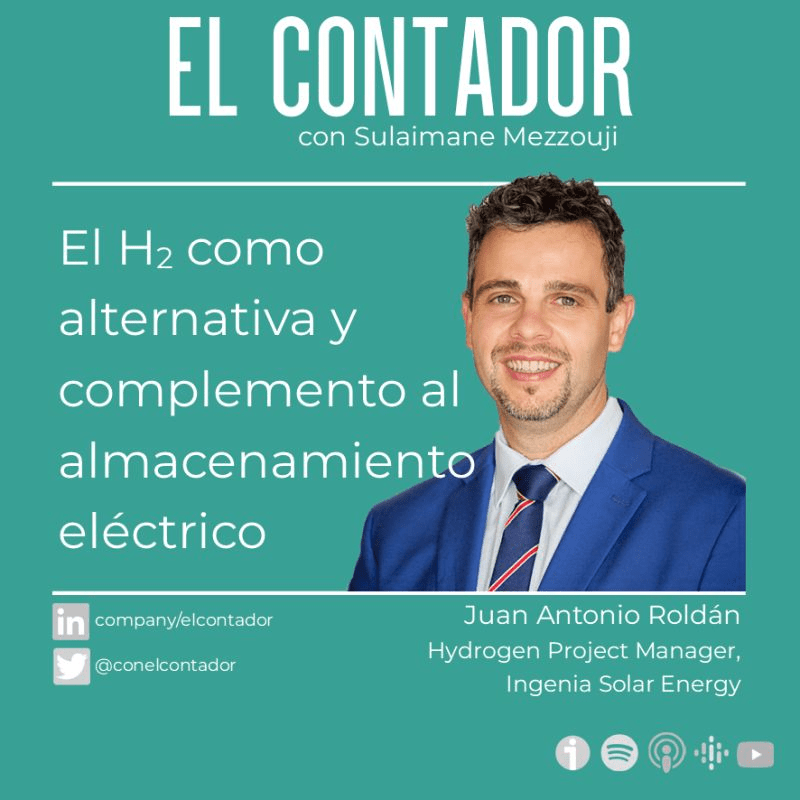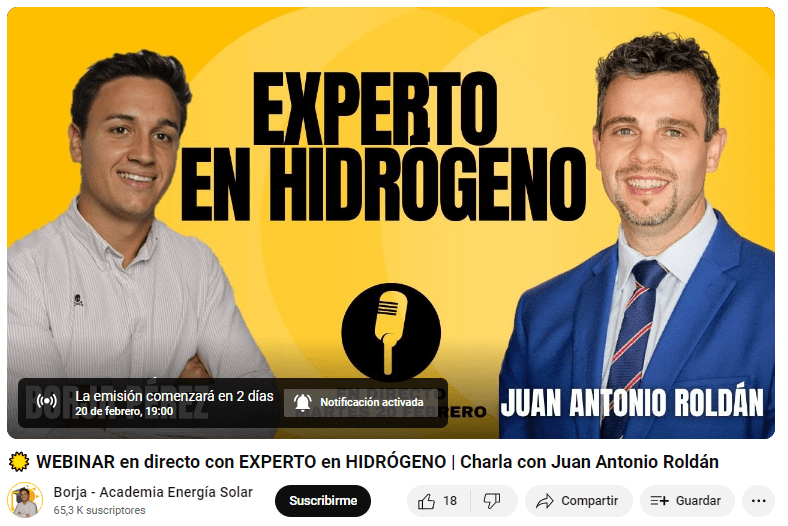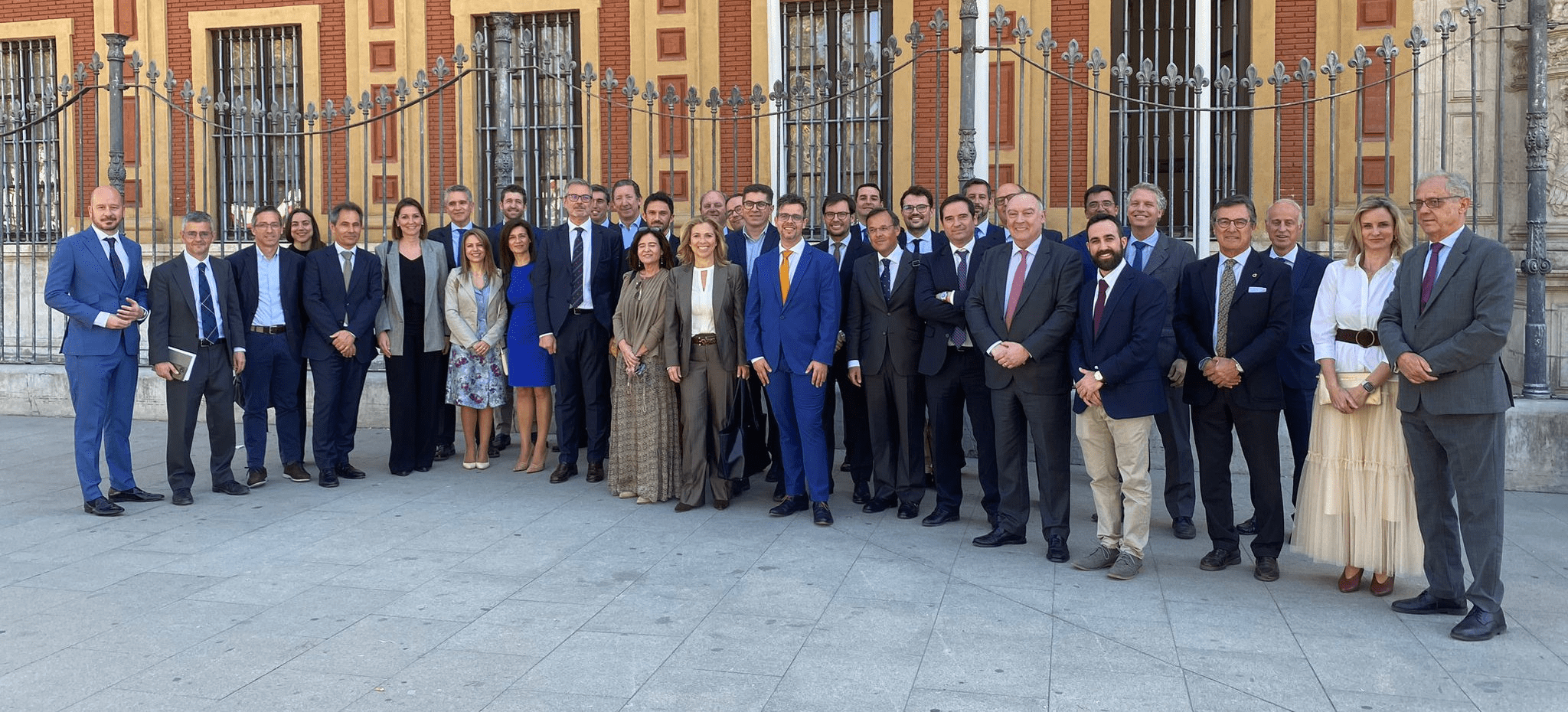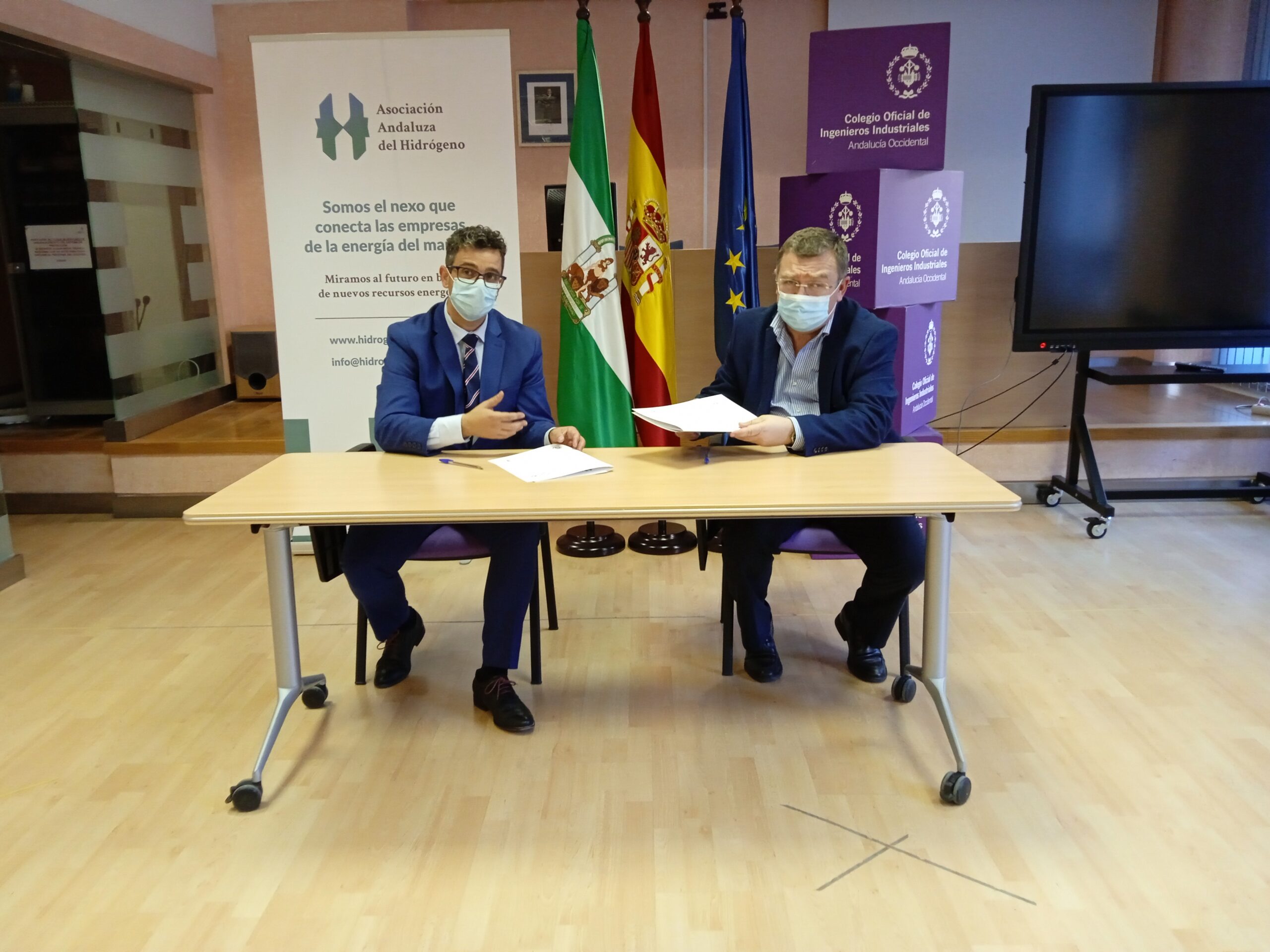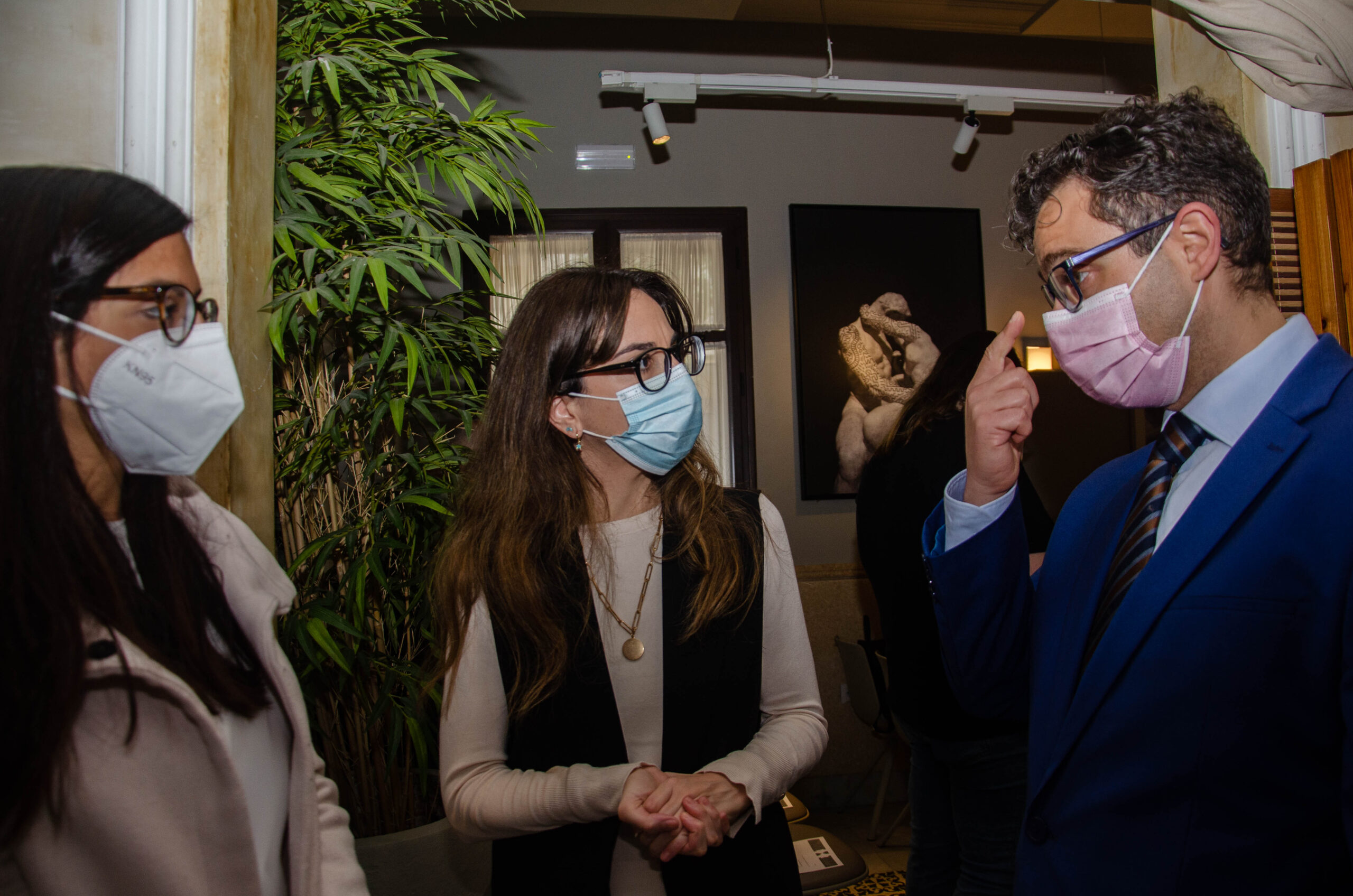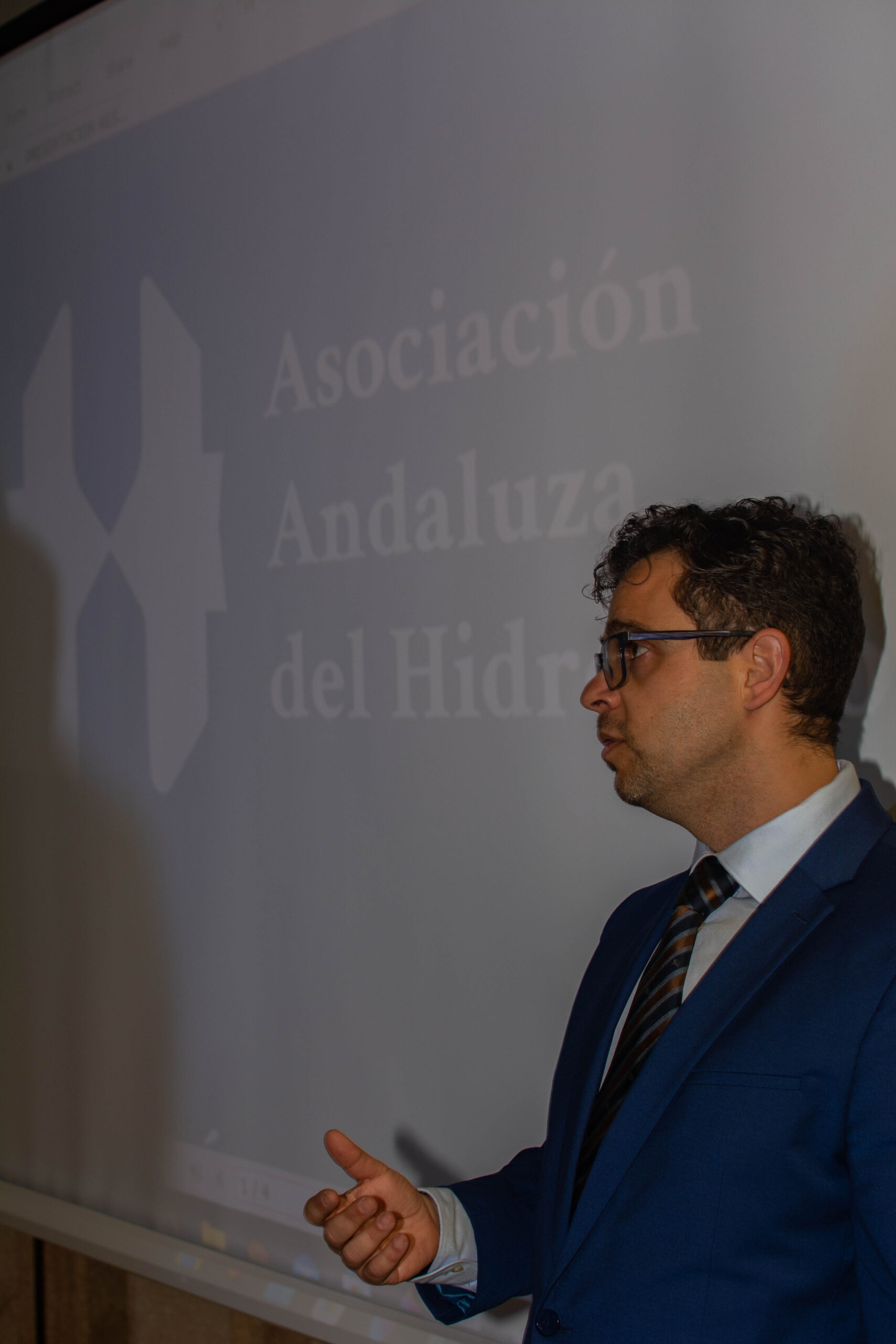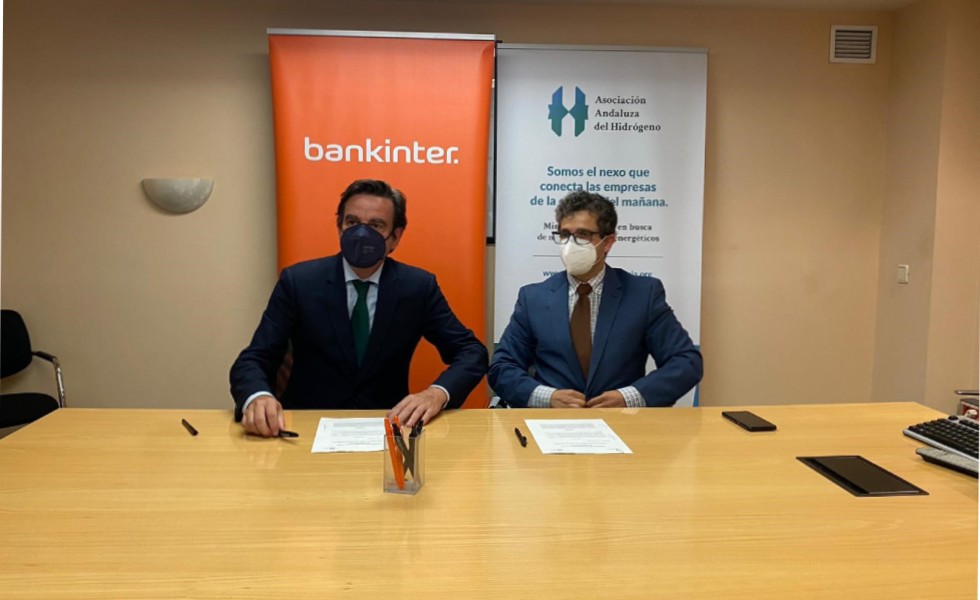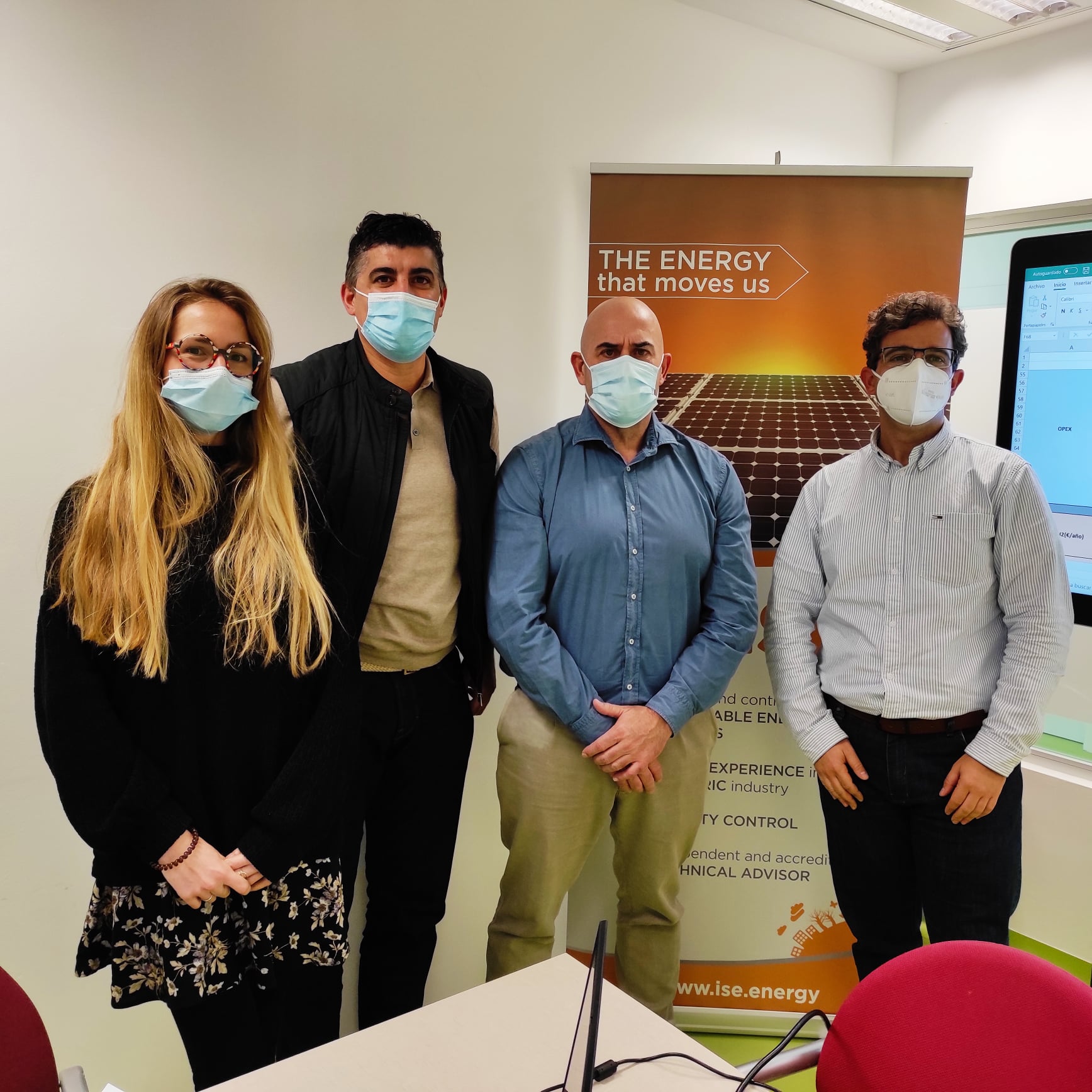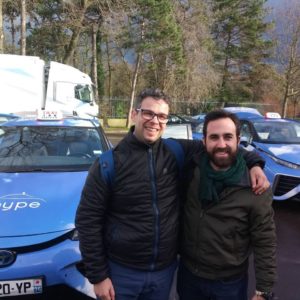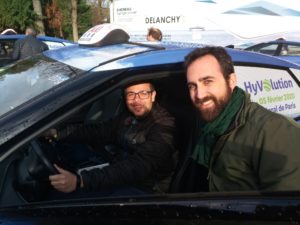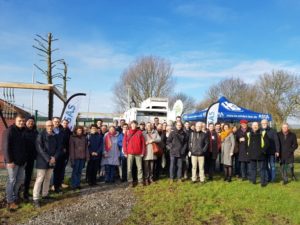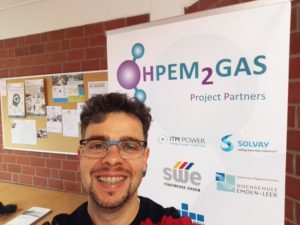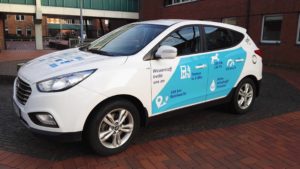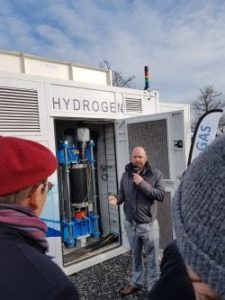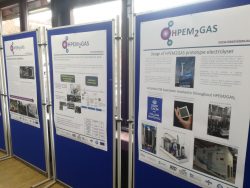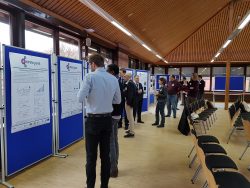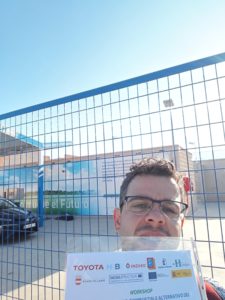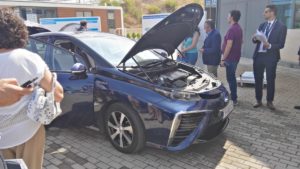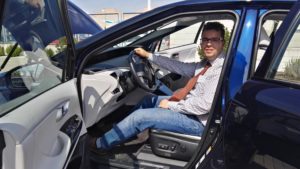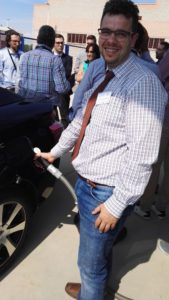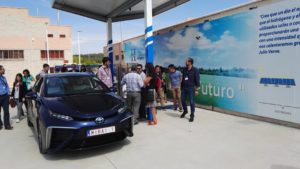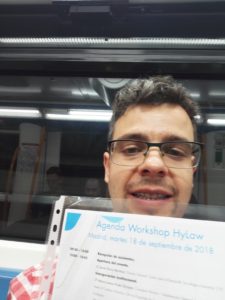Hyundai to test hydrogen-powered trucks in Switzerland

Hyundai to test hydrogen-powered trucks in Switzerland
South Korea’s Hyundai will offer 1,000 hydrogen trucks to Switzerland over the next five years, with the main vehicle reserved for transport by the end of 2019. Switzerland will be the main nation with an army of such vehicles.
Trucks are generally controlled by diesel, which constitutes a pollution problem. This implies that electric vehicles are a fascinating potential market. Be that as it may, engine manufacturers have distinct thoughts. South Korea’s Hyundai and Japan’s Toyota are among the rare vehicle producers who are betting on hydrogen in the race to make the most environmentally friendly neighboring vehicles.
Hydrogen vehicles use hydrogen energy modules, which allow the generation of energy on board, radiating only water.
Different manufacturers, however, are betting on more common electric batteries and powered by batteries. In the truck segment, Tesla and Daimler intend to ship vehicles equipped with electric batteries in 2020 and 2021 individually.
Thus, with Switzerland as the testing ground, Hyundai wants to beat its opponents in the race. The majority of the 1,000 vehicles will be used by the retailer Coop to transport goods to its stores.
Switzerland as a pioneer
Hyundai said in a public statement that it will participate with the Swiss start-up H2 Energyexternal connect, which will take care of maintenance.
It was included that Switzerland is a perfect place for a remarkable test using 1,000 trucks. Firstly, Switzerland has introduced a particularly high tax on large vehicles, which favours a rapid move towards greater ecological vitality. In addition, Switzerland has just explored different avenues in relation to hydrogen.
Coop opened a first hydrogen filling station in 2016 in the canton of Aargau, and in the spring of this year seven Swiss organisations, including the mammoths Migros and Coop, formed a relationship to create a national system of filling stations for hydrogen-powered vehicles.
